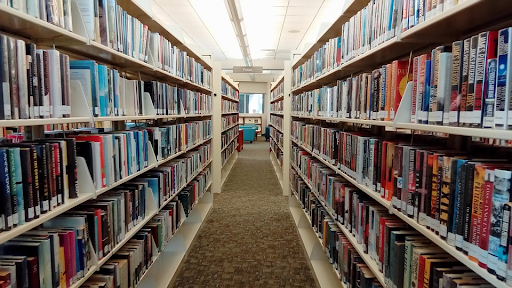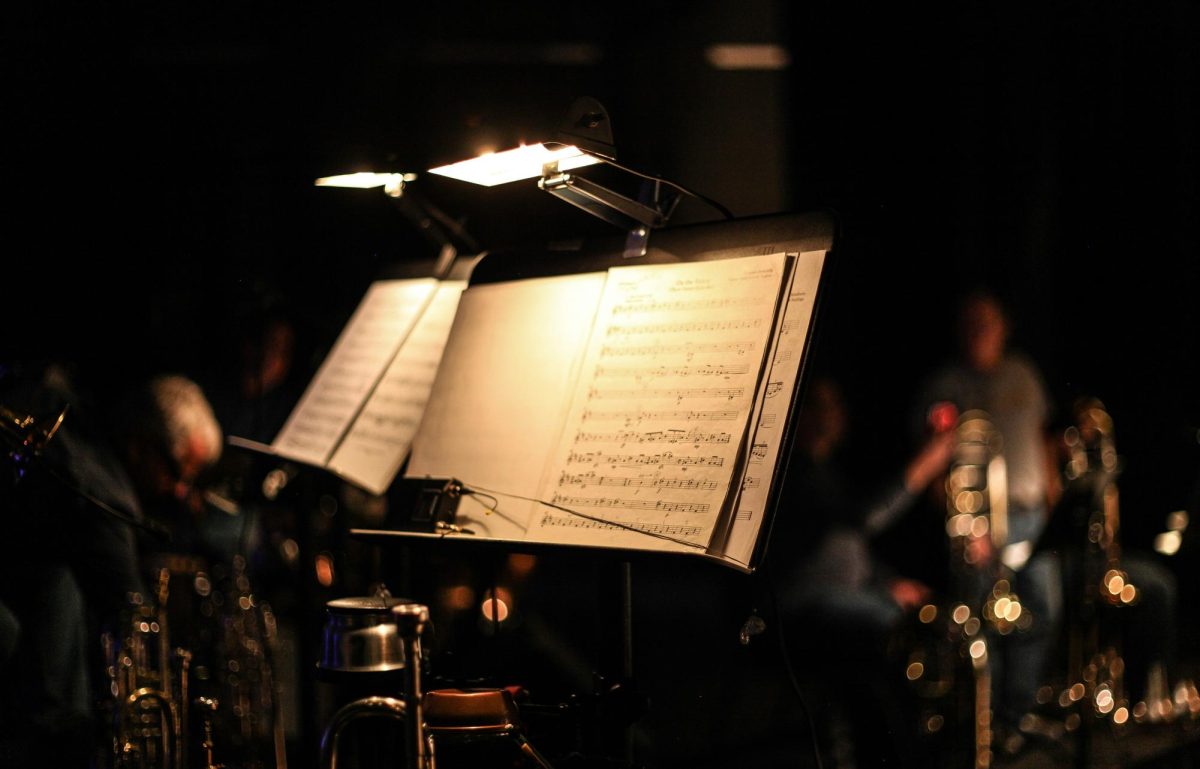Book Banning: The End of Critical Thinking

March 11, 2022
Those who have banned and burned books have never gone down in history as the heroes. To pretend otherwise is exactly why books cannot be banned.
Proponents of banning books argue that parents should have control over what their children read, especially when it concerns religion. This is dangerous for a plethora of obvious reasons. If parents censor any material that challenges their beliefs, that criteria could apply to all of hard history–or, the history and perspectives that we all need to learn, despite how uncomfortable they may be.
When we stop giving students the opportunity to explore perspectives different from their parents, we pave the road toward the end of critical thinking. Children deserve to have every piece of information at their disposal and to be able to look at a situation from all sides–two things they cannot accomplish without support.
If parents and administrators starve children of knowledge, children will undoubtedly consume whatever perspectives–however biased and uninformed they may be–that they are spoon-fed. This is what leads to the continuation of a cycle of fear and hatred.
Now I won’t lie: a lot of the classics we high schoolers are forced to read have a lot of racist and sexist themes. And yeah, I understand that no one would want to read about these things. However, this ties back to the importance of Critical Race Theory and recognizing that a lot of authors and novels we consider the “classics” are problematic. We can’t ignore these facts because they’re uncomfortable; instead, students must be taught exactly why these themes cannot be translated into reality. After all, ignoring something doesn’t mean it didn’t happen, and classics–however problematic they may be–are lessons that give us insight into the views of the past. If we don’t learn from them and their mistakes, we’re not giving future generations the chance to become more inclusive.
Besides problematic parts of classics, there are lessons about society that we all need to take to heart. We can’t do this if they’re banned. Some of these banned books include, but are not limited to: The Great Gatsby, The Catcher in the Rye, The Lord of the Flies, Brave New World, A Separate Peace, Animal Farm, and 1984.
I’ll be honest, 1984 wasn’t my favorite, but even I understand its importance. We all need to understand that allowing a country to develop into a military state and, subsequently, becoming totalitarian breeds horrific consequences and concepts, such as groupthink. It’s very interesting that people–namely, conservative republicans–want to ban this book which warns of the consequences of complacency.
One book–George by Alex Gino–has repeatedly been “challenged, banned, restricted, and hidden to avoid controversy; for LGBTQIA+ content and a transgender character; because schools and libraries should not ‘put books in a child’s hand that require discussion’; for sexual references; and for conflicting with a religious viewpoint and ‘traditional family structure’” according to the ALA. What is most intriguing is the phrase “put books in a child’s hand that require discussion.”
I am at a loss for words. Well, that was a lie–I actually have quite a few things to say about this.
Are we supposed to only give children books that allow them to be passive readers? What kind of person argues for the lack of critical reading? What message does that send to students, to the world? Not to mention, the heavily homophobic reasoning behind the ban.
This argument pushes the small-minded narrative of homophobic conservatives who cannot handle that the world is changing. Society isn’t the same as it used to be; we have changed for the better when it comes to the rights of the queer community. Anyone who argues against inclusivity, especially in terms of school books, is lacking in both empathy and enlightenment.
A person’s beliefs are not universal and should not be treated as such. The less involvement there is concerning what students can and cannot learn, the better. We have a responsibility to give students and future generations the opportunity to be their best selves. If we do not use this power for their betterment, then we have failed as a society. Book banning is merely one way in which we are slowly failing our future world.
https://www.openlynews.com/i/?id=9b222e47-1dd8-4e81-bbdc-e87823fc9361
https://www.ala.org/advocacy/bbooks/frequentlychallengedbooks/classics




